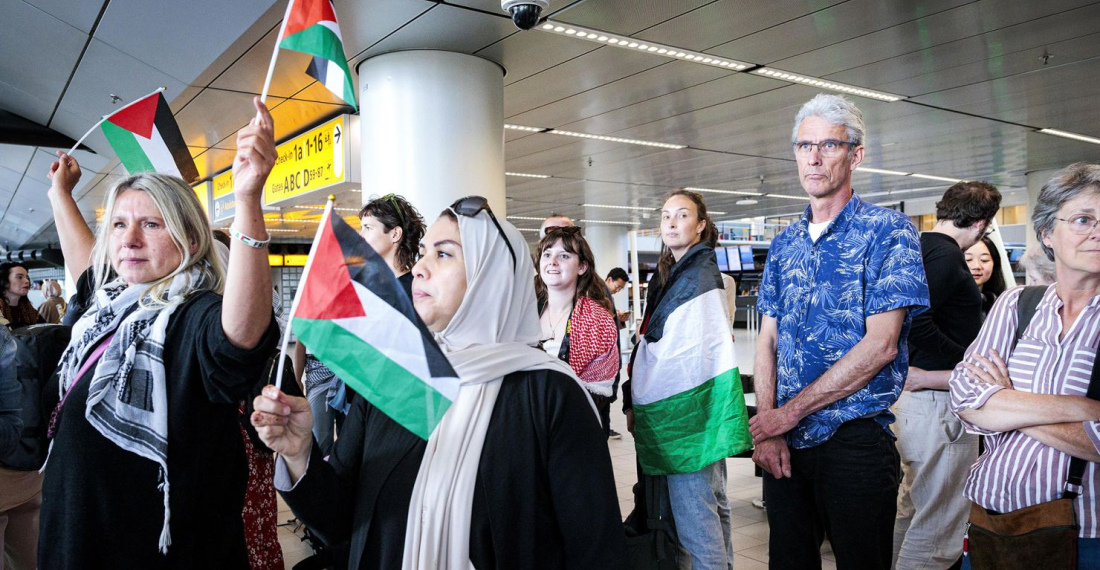The global march to Gaza is set to begin on 15 June, with thousands of international activists planning to walk from Al-Arish to the Rafah border crossing. The activists come from over 80 different countries and have arrived in Egypt by plane or organised bus. Participants include Nkosi Zwelivelile Mandela, a former South African lawmaker and grandson of Nelson Mandela, as well as Hala Rharrit, a former US State Department diplomat. The march aims to peacefully advocate for the opening of a humanitarian corridor into Gaza and to draw global attention to the worsening crisis in the Strip, characterised by shortages of food, medicine and fuel.
The organisers are affiliated with the Palestinian Youth Movement, CodePink Women for Peace in the United States, Jewish Voice for Labour in the United Kingdom, and a coalition of unions and human rights groups, including the Coordination of Joint Action for Palestine, the Tunisian General Labour Union, the National Bar Association, the Tunisian League for Human Rights and the Tunisian Forum for Economic and Social Rights. They argue that the march is non-partisan and civilian-led, and are calling for an end to the genocide in Gaza.
However, on Thursday (12 June), Egyptian security forces detained and deported over 200 participants, including more than 36 EU nationals, at Cairo airport and hotels. They cited a lack of authorisation to enter Sinai and reach Rafah as the reason for the deportations. The organisers insist that they followed the required protocols and coordinated with Egyptian embassies. However, Egyptian officials claim that the march poses national security risks and have sent some activists home on flights.






